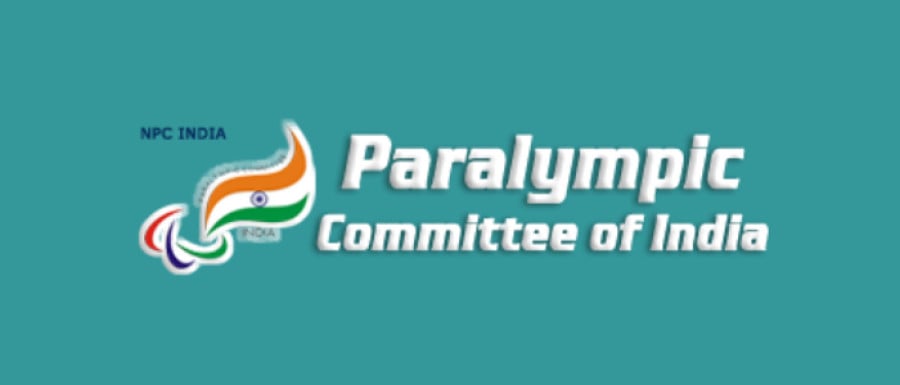Paralympic Committee of India’s Code of Conduct consists of “unethical clauses”

As of October 17, 2014, Indian paralympic athletes voiced that they were required to sign a new Code of Conduct (the Code) issued by the Paralympic Committee of India (PCI)1 that consisted of “unethical clauses”.2 In that, the Code of Conduct allows for searching the athletes’ belongings, and introduced HIV testing requirements.3
87 athletes report that they signed the Code because they were told that they would be excluded from the ongoing Asian Para Games (October 18- 24, 2014) in Incheon otherwise. The athletes also explained that if they did not agree to the HIV testing, they would face a loss of accreditation and future exclusion.4
The paralympians who have argued against the clauses in the Code have chosen to remain anonymous, as the Code reportedly states that any athletes who reports to the media may face a life ban.5
The PCI explained that this confidentiality requirement not included as a way to limit freedom.6 The PCI officials have additionally argued that this Code was meant to address the indiscipline seen in the Indian athletes in the past, as random searches would arguable allow the PCI officials to act against doping and related offences.7
To continue reading or watching login or register here
Already a member? Sign in
Get access to all of the expert analysis and commentary at LawInSport including articles, webinars, conference videos and podcast transcripts. Find out more here.
- Tags: Anti-Doping | Asian Para Games | Ethics | India | International Paralympic Committee (IPC) | Paralympic Committee of India (PCI) | Paralympics
Related Articles
- Last quarter of CCES activities focuses on Pre-Olympic and Paralympic athlete preparation
- New match-fixing investigations in cricket, badminton and football
- ASADA responds to AFL Players’ Association’s demands
- IOC grants provisional recognition to Kosovo Olympic Committee
Written by
Manali Kulkarni
Manali previously researched on sports and society in India, specifically focusing on the influence of sport on the gender divide in India. She joined LawInSport in September 2013 as a research assistant providing updates on Indian sports law.


